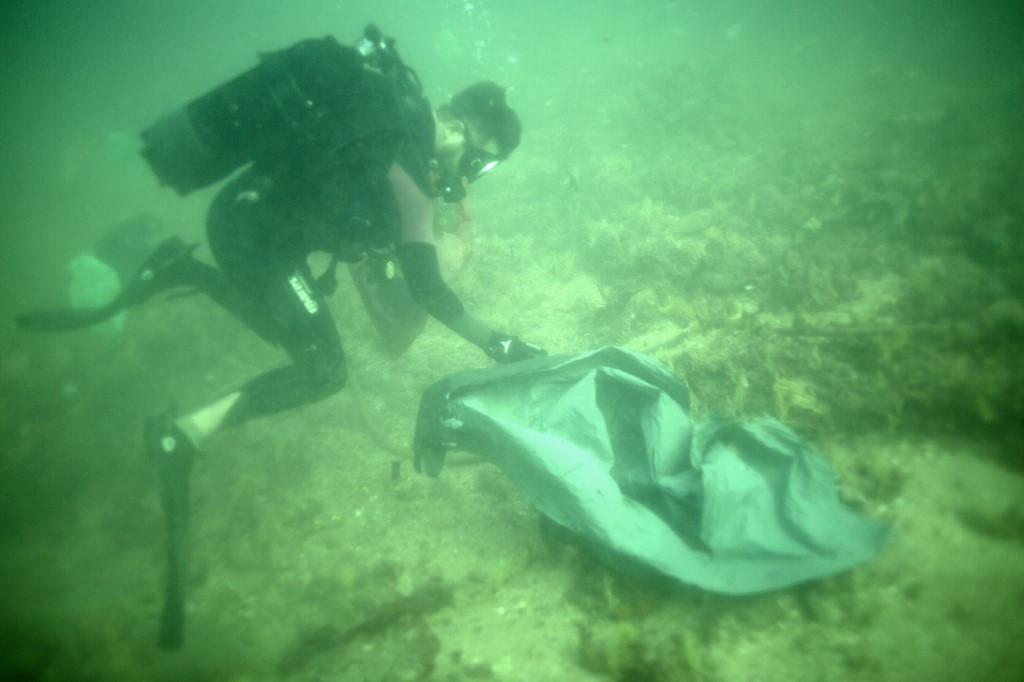11 Dec 2024

Tired Earth
By The Editorial Board

A new WWF report says the fossil-fuel derived substance "has reached every part of the ocean." The wildlife group is calling for creating an international treaty on plastics.
Wildlife group WWF said on Tuesday that plastic has infiltrated all parts of the ocean, calling for urgent efforts to create an international treaty on plastics.
According to a report published by WWF, 88% of marine species are affected by severe contamination of plastic in the ocean.
The report said that many animals have ingested these plastics, including animals commonly consumed by humans.
The report, which was written in collaboration with Germany's Alfred Wegener Institute, compiles data from 2,590 scientific studies on the topic. It measures the impact of plastic and microplastic in the ocean.
Gigantic "plastic islands," made up of floating pieces of plastic, have been found in the Atlantic and Pacific oceans.
The report found that the fossil-fuel derived substance "has reached every part of the ocean, from the sea surface to the deep ocean floor, from the poles to coastlines of the most remote islands and is detectable in the smallest plankton up to the largest whale."
WWF has indicated that at least 2,144 species suffer from plastic pollution in their habitat, and some of these species also end up ingesting these materials. This is the case of 90% of marine birds and 52% of turtles, according to the report.
WWF warned that plastic content has been found in shellfish like blue mussels and oysters, and a fifth of canned sardines contain these particles.
The report predicts that plastic production will double by 2040, which will cause a fourfold increase in plastic waste in the ocean. This will affect an area that is two and a half times the size of Greenland, according to WWF.
WWF said that some of the most threatened marine areas are the Yellow Sea, the East China Sea and the Mediterranean. These areas have already reached the limit of how much microplastic they can absorb.
WWF expert Eirik Lindebjerg said that although fishing is a major contributor to marine pollution, the main factor is the prevalence of single-use plastics.
"Due to the fact that plastic has got cheaper, manufacturers produce large quantities of it and this has allowed them to develop single-use products that later end up becoming waste," Lindebjerg said.
According to Lindebjerg, some places face a risk of "ecosystem collapse" that affects the entire marine food web.
Lindebjerg called for a massive decrease in plastic pollution, saying that the amount of plastic pollution marine ecosystems can absorb is limited.
"We need to treat it as a fixed system that doesn't absorb plastic, and that's why we need to go toward zero emissions, zero pollution as fast as possible."
The WWF is calling for talks aimed at drawing an international agreement on plastics at the UN environment meeting, held from February 28 to March 2 in the Kenyan capital Nairobi. It wants a treaty to establish global production standards and real "recyclability."
Source : dhakatribune.com
Comment